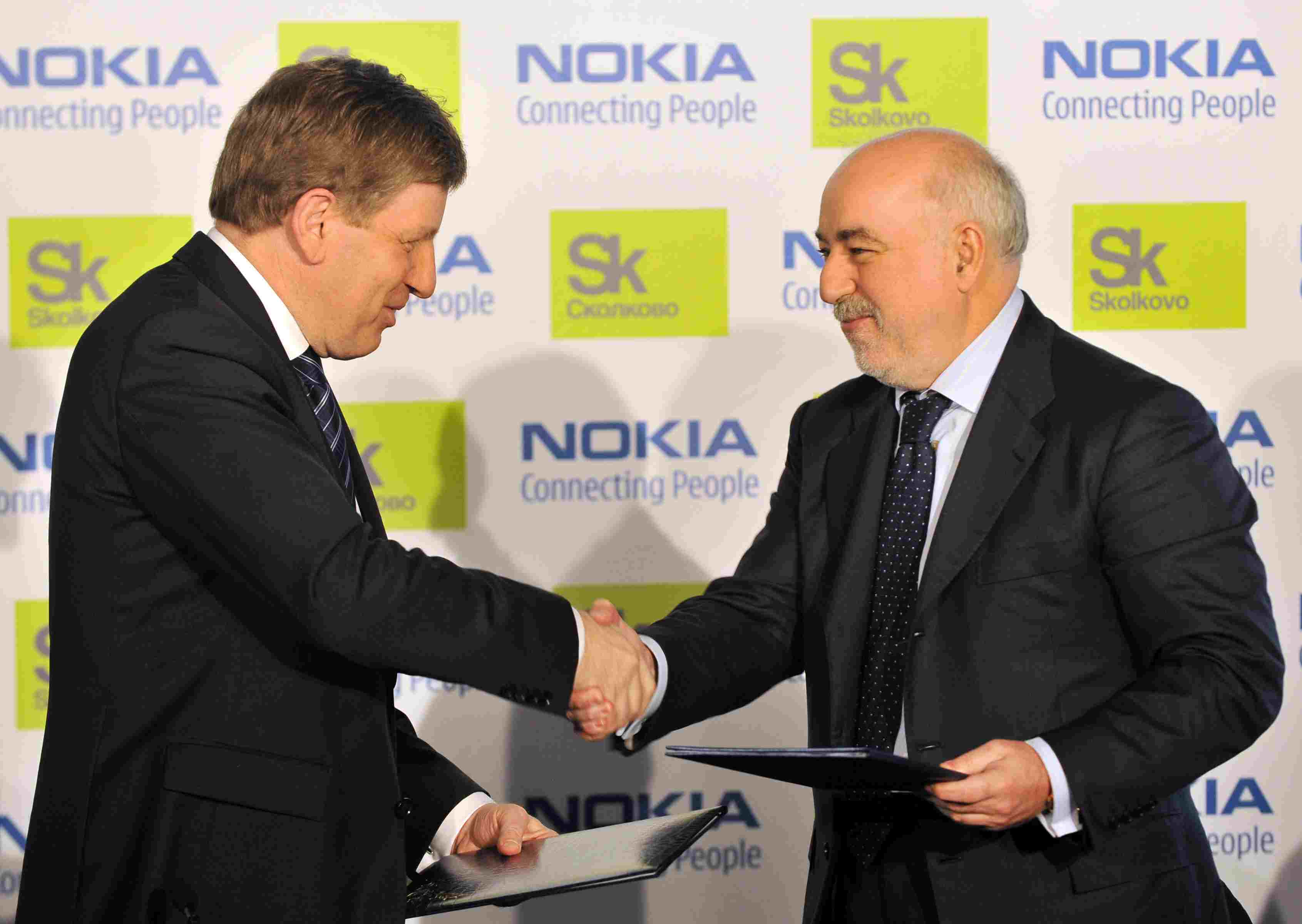The beginning of a new year is
the time for summing up the events
of the previous 12 months. 2010
has been very eventful in terms of both
political and economic relations between
Russia and the West. Despite the
traditional differences in areas such as
human rights, freedom of speech, the
Georgian conflict, etc., Russia and the
West have established firm ties regarding
common goals and interests, the first
among which is the fight against terrorism.
It should be noted that in 2010, U.S.
President Barack Obama – who has softened American rhetoric regarding Russia and reconsidered the project to deploy a so-called third position area of strategic missile defence in Europe – launched initiatives providing an opportunity to begin friendly dialogue between the two countries. Now that the US Senate has ratified the New START Treaty, what happens next depends on the West’s response to Russia's proposed participation in the missile defence system, a subject Dmitry Medvedev broached with NATO countries at the Lisbon Summit last year.
Another aspect of relations between Russia and the West is economics. In this area, Russia and the West can not live without each other either as each side has resources, products and capabilities that the other needs. However, the established pattern of Russia supplying raw materials while the West provides goods and technology continues to prevail. 2010 also saw work begin on building the Nord Stream project, as nearly half the oil and gas Europe requires was imported from Russia last year and the European continent accounts for more than half of Russia's foreign trade. European business activity in Russia over the past year has in turn significantly strengthened Europe’s position in the Russian economy – particularly in infrastructure and banking sectors - and its share now totals over 80% of overall foreign investments in Russia.
The negotiations concerning Russian ascension to the WTO entered a crucial stage as well. EU president Herman van Rompuy stated that, “Russia entering the WTO is a step that the whole world is waiting for” and Russian President Dmitry Medvedev said that last year was “very successful” in so far as Russia joining to the WTO is concerned.
One of 2010’s central events in Russian economic news was the announcement regarding the so-called “third wave” of privatization. Over the next three years, the Russian government plans to sell shares in major state companies and banks, including a 10% stake in Vneshtorgbank. The total revenue budgeted may be up to 700 billion roubles, or $23 billion. It is not impossible to envision that major Western investors, including investment funds, could participate in the “third wave”. One could even say that this new phase of privatisation is now counting on attracting foreign capital, since Western countries have a much greater volume of available funds than Russian investors. Moreover, Western investment funds are traditionally investment portfolio oriented, so these expectations are quite justified.
The Russian government understands that the country has no choice but to pursue rapid modernisation and that cannot be achieved without help from the Western world. Russia’s lagging position behind Western Europe, the USA and Canada in terms of technology is too significant. However, the concept of a modernised partnership proposed by Russian President Dmitry Medvedev brought common interests to the forefront again – cooperation on a mutually beneficial basis in fields such as exploring and developing technologies as well as scientific achievements in order to strengthen personal exchanges.
The idea of an extended area of cooperation was met with sympathy and support in Europe.
European support gives rise to hopes that the Russian initiative will be implemented in practice. However, a significant impediment to broadening free exchange and mutual understanding continues to be the visa policy between Russia and the West – a problem which is unlikely to be resolved in 2011.
Western partners are in no hurry to open their doors to citizens of a country with unresolved issues such as corruption, crime and the conflict in the Caucasus.
All these issues are already scheduled to be dealt with in 2011 and global security will largely depend on decisions made in these areas as well as implementing the projects behind them.













